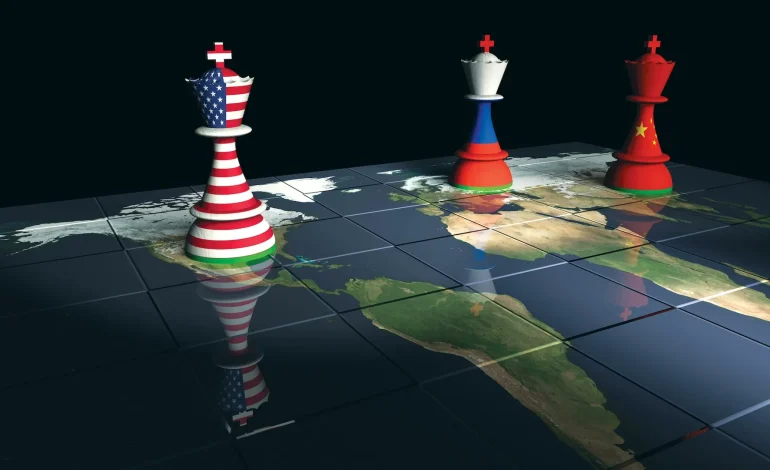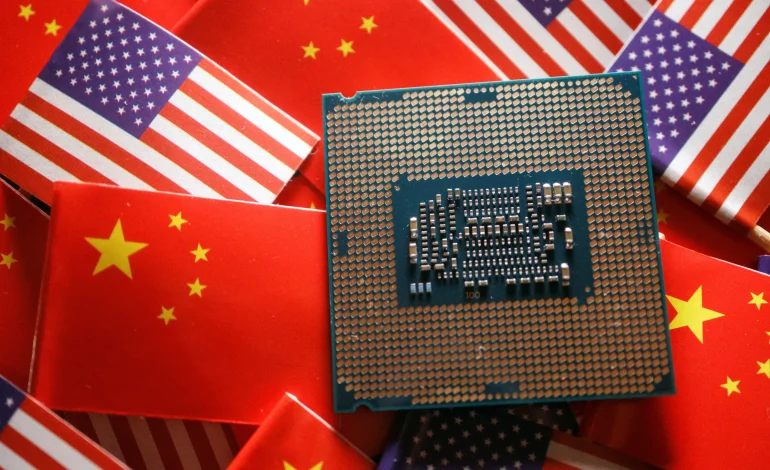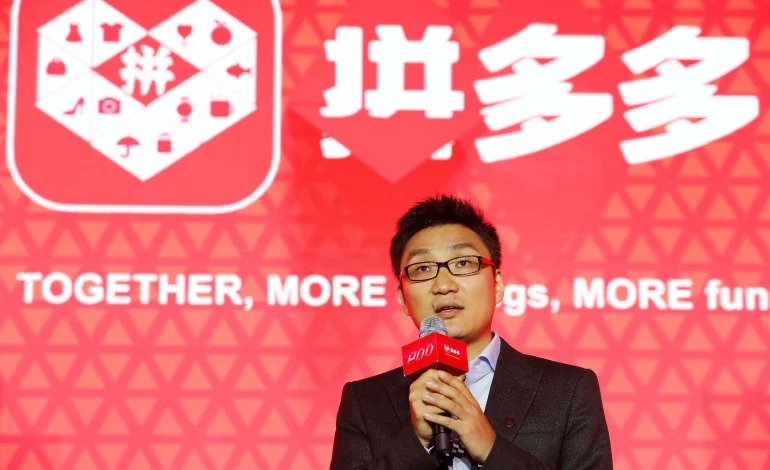Climate Tech Geopolitics: Can China Export Its Green Revolution?

From solar dominance to EV supply chains, Beijing’s green tech as soft power.
Green Tech as Strategy
China is no longer just the world’s factory; it is becoming the world’s green factory. Over the past two decades, Beijing has poured billions into renewable energy, electric vehicles, and energy storage. Today, Chinese firms control more than 80% of the global solar supply chain and dominate production of EV batteries.
But beyond domestic energy security, green tech has become a tool of geopolitical influence. By exporting renewable solutions, Beijing extends its role as a provider of global infrastructure — this time for the low-carbon economy.
Solar Power Dominance
China produces nearly all of the world’s polysilicon, wafers, and solar modules, giving it unrivaled scale. Companies like LONGi and Trina Solar are expanding aggressively into Europe, Africa, and Latin America, offering turnkey solar projects at costs Western competitors cannot match.
For countries struggling with energy access, Chinese solar is less about ideology than affordability. Yet it also deepens economic ties with Beijing, making energy infrastructure a channel for long-term influence.
EV Supply Chains
China’s dominance extends to electric vehicles and batteries. CATL, the world’s largest battery maker, supplies Tesla, Volkswagen, and numerous domestic automakers. BYD has grown from a national champion to a global EV leader, exporting to Europe and Asia.
This export power allows Beijing to shape standards from battery chemistry to recycling regulations that may define global EV markets for decades.
Financing Green Expansion
China’s green exports are supported by innovative financing. Policy banks and state funds provide long-term loans for renewable projects, often bundled with engineering and construction services.
In some Belt and Road projects, digital settlement platforms have been tested for cross-border green finance, ensuring faster capital flows between lenders, contractors, and host governments. While small in scale, such tools hint at how fintech is merging with climate policy to accelerate project delivery.
The Geopolitical Dimension
For Beijing, green tech exports serve multiple goals:
- Soft power – positioning China as a climate leader.
- Economic security – creating markets for domestic oversupply.
- Strategic influence – embedding Chinese technology into critical infrastructure abroad.
This strategy mirrors earlier infrastructure diplomacy but carries the green legitimacy that appeals to many governments facing climate pressure.
Pushback from the West
Western governments are increasingly wary. The U.S. Inflation Reduction Act and Europe’s Net-Zero Industry Act are designed to reduce reliance on Chinese green tech. Tariffs, local content requirements, and subsidies aim to nurture domestic industries.
Yet, decoupling is difficult. Western firms remain reliant on China’s cost-effective supply chains, especially for batteries and solar components. The result may be not total separation, but parallel green ecosystems.
Risks for China
China’s green dominance also carries risks:
- Overcapacity – flooding global markets could spark trade disputes.
- Geopolitical backlash – critics frame exports as dependency traps.
- Innovation race – rivals in the U.S., Korea, and Japan are investing heavily in next-gen batteries and hydrogen.
Managing these risks will determine whether China’s green expansion is sustainable.
Outlook: A Green Superpower
China’s ability to export its green revolution will shape the future of climate geopolitics. If successful, it will not only help decarbonize the world but also give Beijing leverage in shaping global energy rules.
For global readers, the key takeaway is that the next era of energy politics will not be fought over oil pipelines alone, but over who supplies the solar panels, EV batteries, and digital payment rails that power the clean economy.






